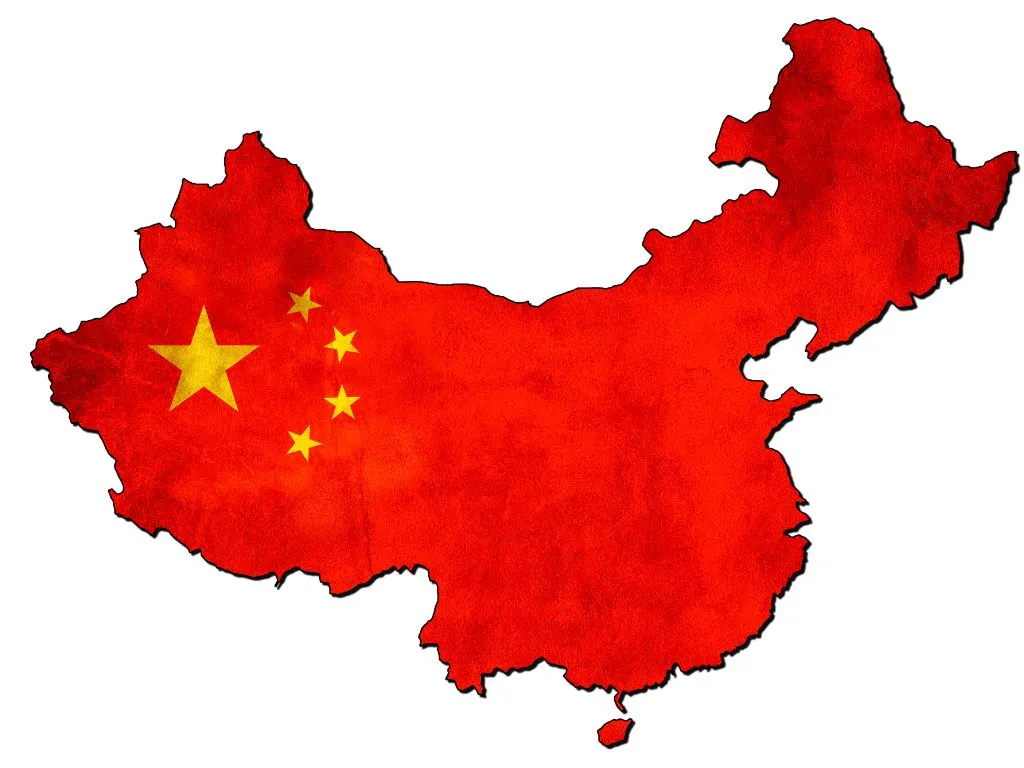

Reference source : NMPA
In a move to strengthen the control over chemicals that can be misused in the production of illicit drugs, China has introduced new regulations that add seven substances to its regulated precursor chemicals list. These substances, including n-phenylpiperidin-4-amine, norfentanyl, and cannabidiol, will be subject to strict oversight from 1 September 2024. The new regulations impact the production, transport, storage, and trade of these chemicals, requiring businesses to adopt tighter compliance measures to align with China's evolving chemical management laws.
Key Points
Overview of the New Substances Added
The seven newly regulated substances include key precursors often used in pharmaceutical and chemical production but with potential for illegal diversion into drug manufacturing. Some notable chemicals include:
N-phenylpiperidin-4-amine (4-AP): Used in pharmaceutical synthesis, now controlled due to its role in fentanyl production.
Norfentanyl: A metabolite of fentanyl and a precursor for synthetic opioids.
Cannabidiol (CBD): Regulated to control non-pharmaceutical uses while allowing research and medical applications under strict supervision.
Other substances include BMK glycidic acid esters and PMK glycidic acid esters, which are crucial precursors for synthetic drugs such as MDMA and methamphetamine (2-methyl-3-phenyl glycidylic acid and its esters, 3-oxo-2-phenybutyric acid and its esters, 2-methyl-3-[3,4-(methylenedioxy)phenyl]glycidyl] glycidyl)
1-tert-butoxycarbonyl-4-(N-phenylamino)piperidine which is a precursor to N-phenylpiperidin-4-amine
Regulatory Framework and Requirements
The Ministry of Public Security, in cooperation with several other agencies, has categorized these substances as Category II precursor chemicals. The key compliance elements include:
Licensing and Permits: Businesses must obtain licenses to produce, handle, and distribute these chemicals.
Transportation and Storage: Special approvals are required to transport and store these chemicals to prevent unauthorized access.
Import and Export Controls: Importers and exporters need to follow specific protocols, including declaring the intended use and obtaining prior approval from the relevant authorities
Impact on Businesses
The addition of these chemicals to the regulated list creates significant compliance obligations for businesses involved in their manufacture, handling, or distribution. Key impacts include:
Increased Compliance Costs: Businesses will need to invest in proper documentation, security systems, and monitoring technologies to comply with the new regulations.
Supply Chain Disruption: Companies handling these substances will face stricter controls on the movement and storage of goods, potentially slowing down operations.
Enhanced Scrutiny: Regulatory authorities are expected to impose stringent audits and inspections, requiring businesses to maintain comprehensive records of their activities related to these substances
If you want to access the GHS report, please Register here in GPC Intelligence Portal click here
